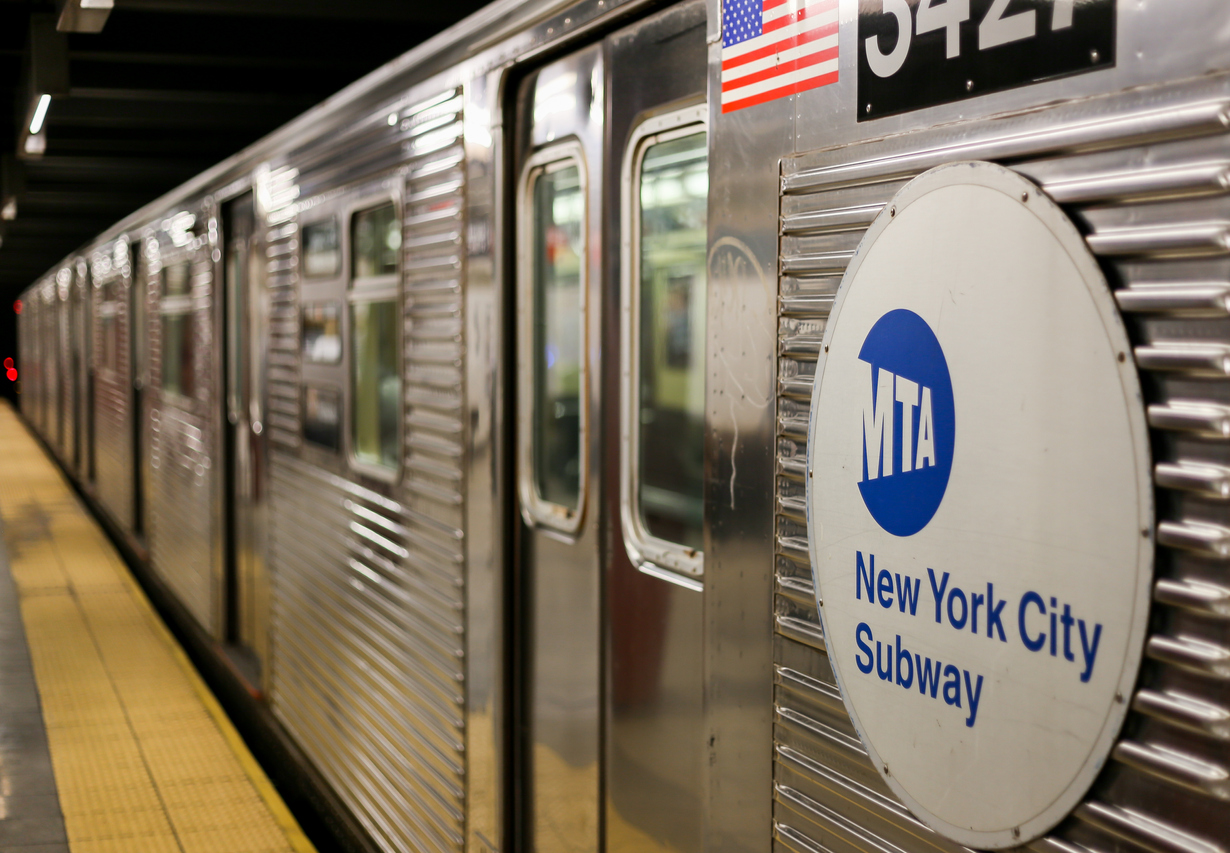- July 11, 2023
- 3 minutes read
Debating the Impact of Congestion Pricing: Concerns for Long Island Small Businesses

The congestion pricing plan proposed by the Metropolitan Transportation Authority (MTA) has sparked a contentious debate, with opponents arguing that it will disproportionately burden Long Island residents and businesses. One of the primary concerns raised by critics is the potential financial toll it will take on small businesses in the region.
For entrepreneurs like Ben Jackson, owner of a general contracting company in Freeport, regular trips to Manhattan for work are a necessity. Jackson fears that the congestion pricing plan will significantly impact his business and others in the area. He anticipates that the increased costs will have to be passed on to customers, creating an additional financial burden. Unfortunately, this is an all-too-common consequence when faced with such tolls.
The MTA’s congestion pricing plan has received approval from the Federal Highway Administration. Under this plan, drivers could be charged up to $23 to enter Manhattan below 60th Street during peak hours, with certain exemptions for roads like FDR Drive, West Side Highway, Battery Park Underpass, and Hugh L. Carey Tunnels connecting to West Street. The aim of the plan, according to Governor Kathy Hochul, is to alleviate traffic congestion and improve air quality. Additionally, the toll revenue, estimated to be around $1 billion annually, will be used to fund much-needed improvements to the MTA’s transportation infrastructure.
However, Village of Freeport Mayor Robert Kennedy voices concerns about the negative impact the congestion pricing plan may have on individuals and businesses conducting operations in New York City. He worries about the potential financial strain on the provision of necessary services in the city. Mayor Kennedy hopes that similar exemptions granted to taxi and other for-hire vehicles will also be extended to certain businesses to alleviate the burden.
In line with Mayor Kennedy’s sentiment, Ben Jackson hopes that small businesses like his will be granted some relief from the congestion pricing tolls. Acknowledging the needs and challenges faced by small businesses, Jackson emphasizes that additional taxes are the last thing they require at this time.
With federal approval now secured, the MTA can proceed with establishing the tolling infrastructure, which is expected to take approximately a year. Public hearings will be conducted to determine the specific toll amounts and the criteria for granting exemptions.
As the debate continues, it remains crucial to strike a balance between addressing traffic congestion and supporting the viability of local businesses. Mitigating the potential adverse effects on small businesses is vital to ensure a fair and equitable implementation of congestion pricing measures.
